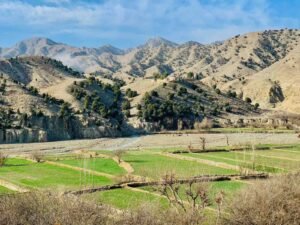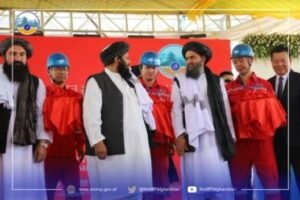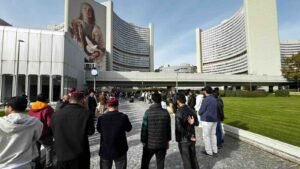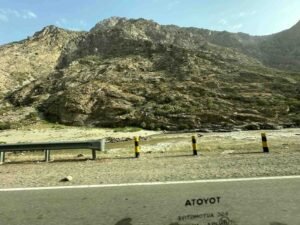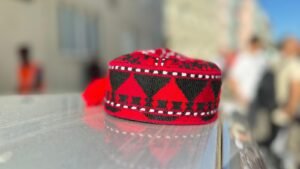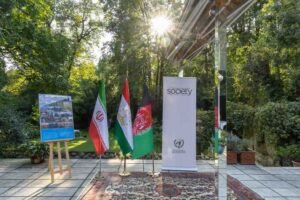Ethnic Narratives and Political Realities: Debating the Taliban’s Agenda in Afghanistan

Photo: @AADIL
By Ilhamuddin Afghan
Media coverage of ethnic disputes and debates has grown since the fall of Afghanistan’s former republic and the Taliban’s re-takeover of power on the 15th of August 2021. The Taliban are argued to be pushing a Pashtun-centric agenda in these discussions due to their origins in Pashtun-dominated regions and the fact that the majority of their members are Pashtuns. The Taliban, according to those who steer these discussions, want to keep the Pashtun ethnic group in power. Concerns are also expressed about the mistreatment of non-Pashtun Afghans, which is demonstrated by incidents in the provinces of Baghlan and Panjshir where Tajik households were searched and some people were detained on suspicion of cooperating with anti-Taliban oppositions.
The Taliban’s lack of domestic and international legitimacy, according to Abdullah Khenjani, a social activist and former deputy minister of the Ministry of Peace, is due to their refusal to include people of other ethnicities in their government. He thinks that only one particular ethnic group’s interests and demands are represented in their administration. Khenjani questioned the value that certain Taliban leaders, including Serajuddin Haqqani, the Interior Minister, Mullah Hebatullah, the Taliban’s Supreme Leader, and Mullah Yaqub, the Taliban’s Defence Minister place on people’s lives, especially the lives of the families of suicide bombers.
Critics like Mujeebur Rahman Rahimi accuse the Taliban of engaging in ethnic politics and monopolistic policies that have destroyed the nation’s ethnic, linguistic, and cultural diversity and attempted to repress languages and cultural symbols. However, Afghans who live in Afghanistan and are more aware of its social realities, think that the Taliban are more motivated by their political and religious narrative than by ethnic considerations. Some have even claimed that the Pashtunism philosophy of the Taliban is widespread among other ethnic groups besides Pashtuns.
The idea that all Pashtuns are Taliban is emphasised, despite the fact that some Pashtun soldiers have fought alongside other ethnic groups as members of the army and police in the former government to defend their fellow citizens, as was the case in the defense of northern Kunduz in 2015. The emphasis shouldn’t be on stirring up prejudice or supporting the brutal war waged by the Taliban. Instead of being based on ethnic affiliations, critical analysis should be based on principles and actions.
The Taliban’s Grip on Power and its Impact
With little representation from other Pashtun regions, the Pashtun population in the South and South-Eastern regions made up the majority of the Taliban movement. Notably, Greater Kandahar and Greater Paktia have been important hubs for the Taliban’s expansion, while Greater Nangarhar’s involvement has remained largely minimal. Although the group includes Tajiks, Uzbeks, and members of other ethnic groups in their ranks, their priority seems to be growing and advancing their own ranks.
It is clear that many academics, scientists, and educated people from Greater Kandahar and Greater Paktia do not support the Taliban either because they have not been given leadership positions within the organization or they are against any Taliban’s policies of governance. The Taliban’s actions have had a negative impact on the entire country because they have imposed restrictions that have reduced women’s opportunities and rights, such as banning them from workplaces, universities, and schools.
Numerous former officials have been fired nationwide since the Taliban retook power, which has had a negative impact on Afghanistan’s economy. Due to the difficulties that many Afghans are experiencing as a result of unemployment, there are many complaints and worries about their financial stability.
Ilhamuddin Afghan is a university professor based in Afghanistan.
Note: The contents of the article are of sole responsibility of the author. Afghan Diaspora Network will not be responsible for any inaccurate or incorrect statement in the articles.

